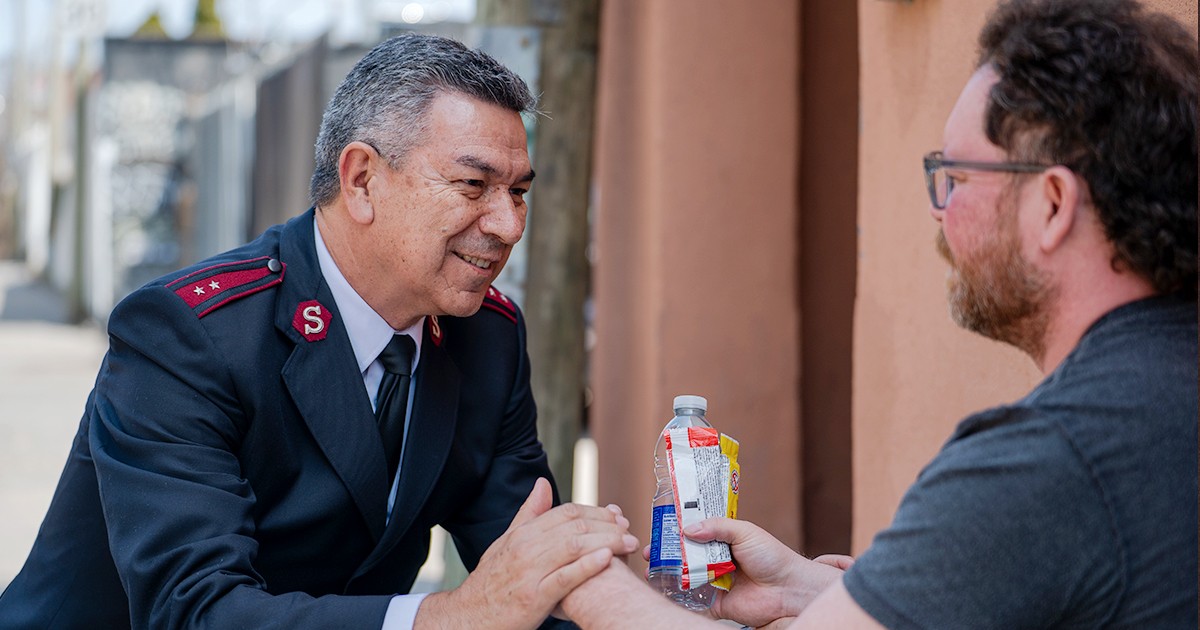With more than three million copies sold worldwide, in more than 30 languages, Francine Rivers’ 1991 novel Redeeming Love debuted on the big screen this month.
Set during the California Gold Rush of 1850 and loosely based on the biblical story of Hosea, we meet Sarah, who is sold into prostitution at the tender age of eight and is given the working name Angel. After a decade of living as a sex slave, she catches the eye of farmer Michael Hosea. God tells Michael, who is described as “a man who seeks God’s heart in everything,” to marry Angel.
That command is not so easy to carry out, and Michael struggles against Angel’s resistance until “her frozen heart begins to thaw,” as the novel’s dust cover triumphantly describes.
On the surface, this would appear to be a truly beautiful story of unconditional love: Michael “looked at a harlot and saw someone worthy of love.” But is it really that simple?
Troubling Behaviour
Despite its overwhelming popularity, there are elements of this romance that paint an unhealthy picture of love.
Throughout the narrative, Michael demonstrates some disturbing characteristics of abuse:
- When Michael first meets Angel, he renames her Mara. Despite repeated requests that he call her Angel, Michael continues to bestow different names upon her. Abusers will seek to erase their victims’ innate sense of personhood, and renaming them is an often-used tactic.
- Michael then announces his intentions to Angel. There’s no request made, only a command—you are going to marry me. Despite repeated refusals to his proposal, when Michael returns to Angel’s brothel one night and finds her badly beaten and nearly unconscious, he pays a hefty sum to the madam and promptly marries her without her full consent.
- Angel tries to flee, finding work at a general store, then as a cook and finally opening a halfway house to offer hope to women wanting to leave a life of prostitution. Despite her attempts to hide her tracks, Michael repeatedly seeks Angel out and brings her back to his remote farmhouse.
This is not a romantic love. This is not a holy love. It is a harmful abuse of power. And it does not model the type of love God offers to us.
Power and Consent
In light of the #MeToo movement and allegations of abuse in the church, the importance of consent and respect cannot be over emphasized, not only in sexual relationships but also emotional and spiritual ones.
Michael rarely gives Angel agency, the privilege to choose and act for oneself. While he doesn’t rape her, Michael violates Angel’s agency in many other physical, emotional and social ways.
Where unequal power exists, consent does not.
The Freedom to Choose
Marriage is often used as a metaphor for Jesus’ love for us. But the marriage depicted in Redeeming Love is in opposition to the love God offers to us. In fact, agency is essential in God’s plan of salvation. While Jesus’ sacrificial love, demonstrated in his death and Resurrection, is for all people everywhere, God-given free will acknowledges that we can accept or reject this love offered freely to us.
Jesus demonstrated this in practical ways during His ministry on earth. On one occasion, Jesus asked a paralyzed man, “Do you want to get well?” But it was not until the man consented that Jesus healed him (see John 5:1-6).
Redeeming Love’s tag line touts, “Choose the life you want.” While there is a chance the movie will redeem the unpleasant truths displayed in the book, ultimately, it is for us to choose how to respond to Jesus’ love, generously and unconditionally offered to all.
Reading Hosea
Whenever we read a biblical text such as the Book of Hosea, we need to ground it in the time and place it was written. The culture in which the prophet Hosea lived and preached is vastly different from our current reality. In Israel in the 700s BC, arranged marriage was commonplace, as was servitude and the buying and selling of women. The words and actions of Hosea reflect what would have been considered acceptable behaviour by a husband toward an unfaithful wife in those times—but it is not at all acceptable in our own time.
Redeeming Love, though based on a biblical story, simply doesn’t translate well to a modern context. But while the metaphoric marriage between Hosea and Gomer in the Bible, or Michael and Angel in the book and movie, may not sit well with today’s readers, the underlying message of both Rivers’ book and the Book of Hosea still resonates: There is nothing we can say or do that will separate us from the love of God. His unconditional and unfailing love remains steadfast for all throughout time and history.
Captain Laura Van Schaick is the divisional secretary for women’s ministries for The Salvation Army’s Ontario Division.










Comment
On Saturday, January 22, 2022, Kerry said:
On Friday, January 21, 2022, Carolynne Chung said:
I have not seen this movie; nor am I likely to choose to. However I suggest readers refer to the comments on the movie on the FB page ‘Revive Our Hearts Women’s Ministry Leader Group’.
Leave a Comment